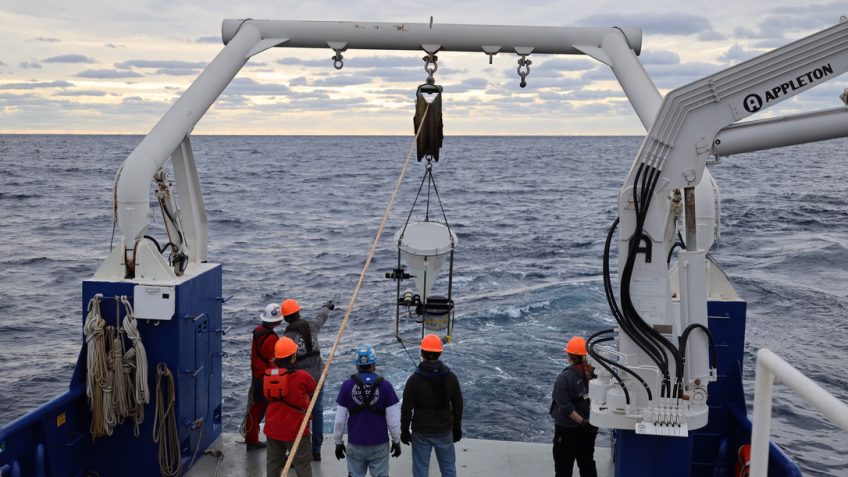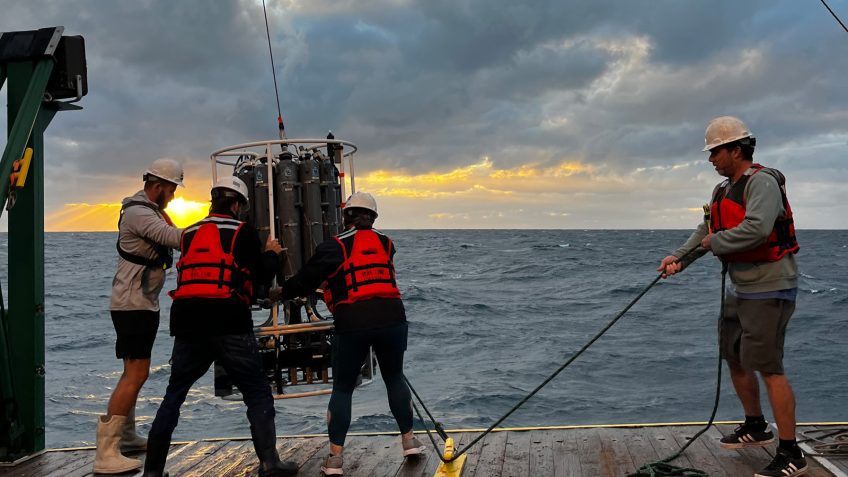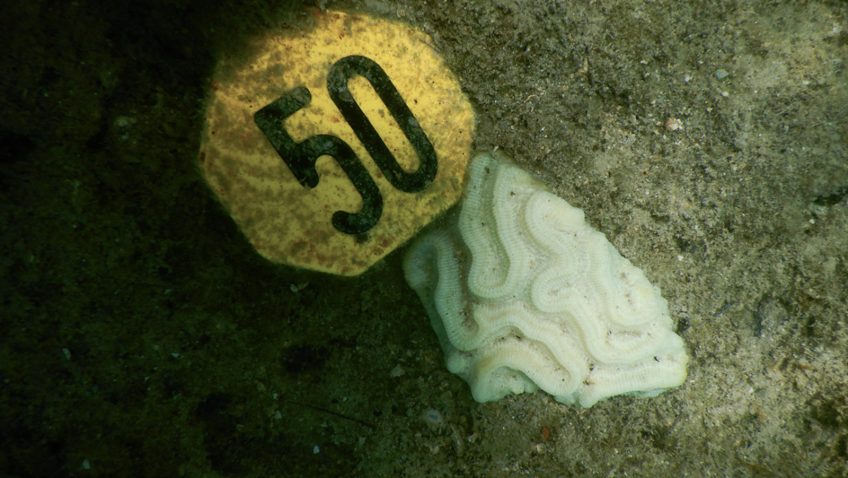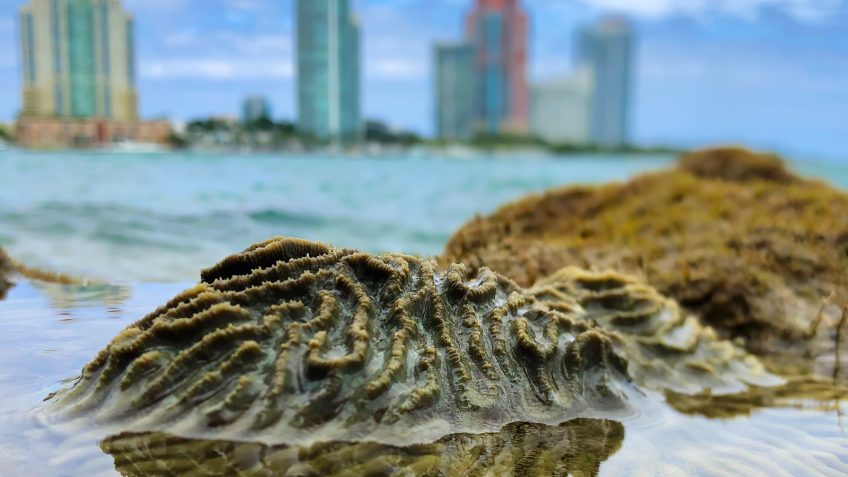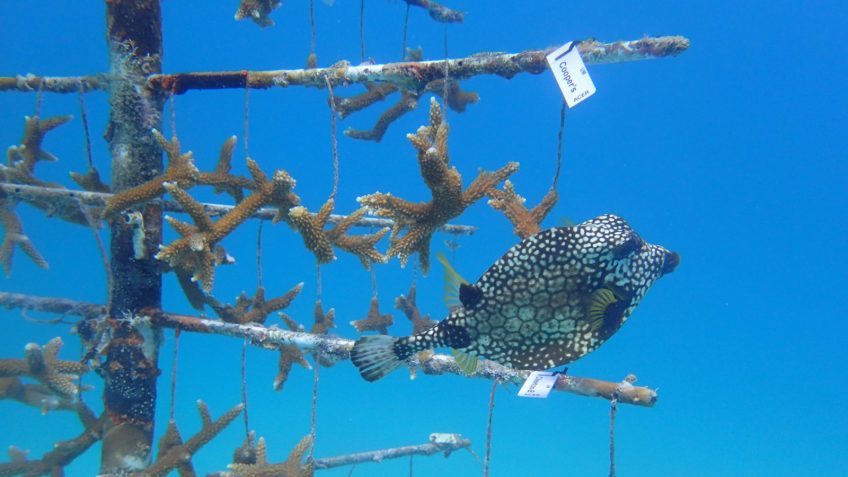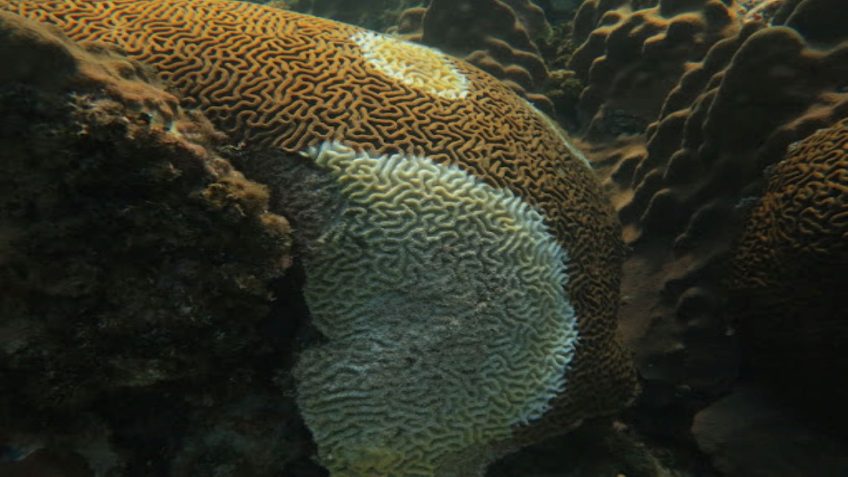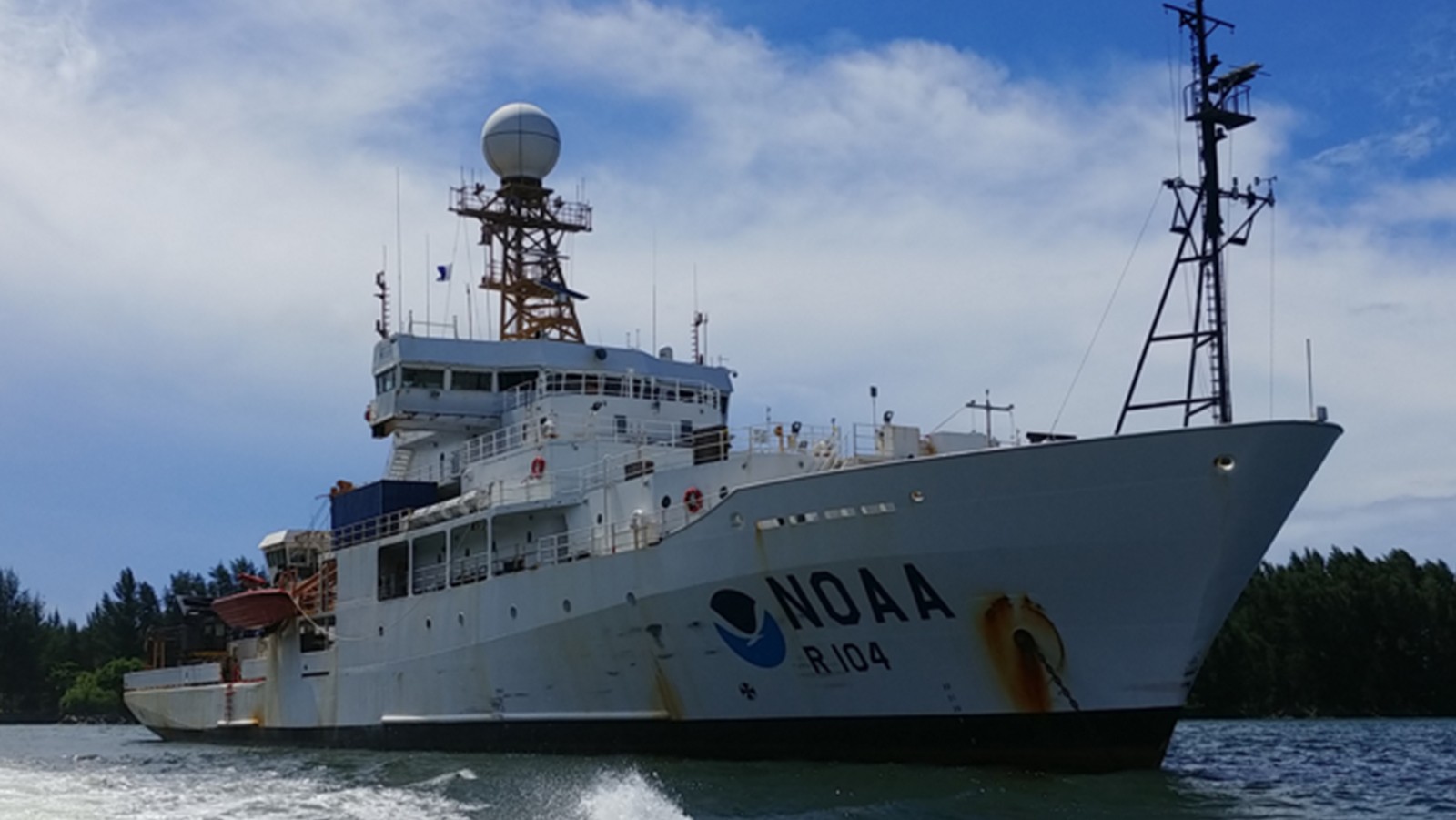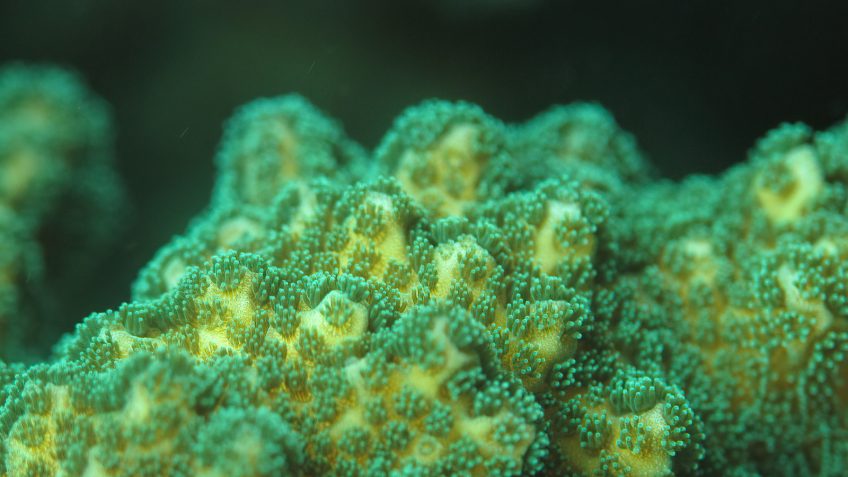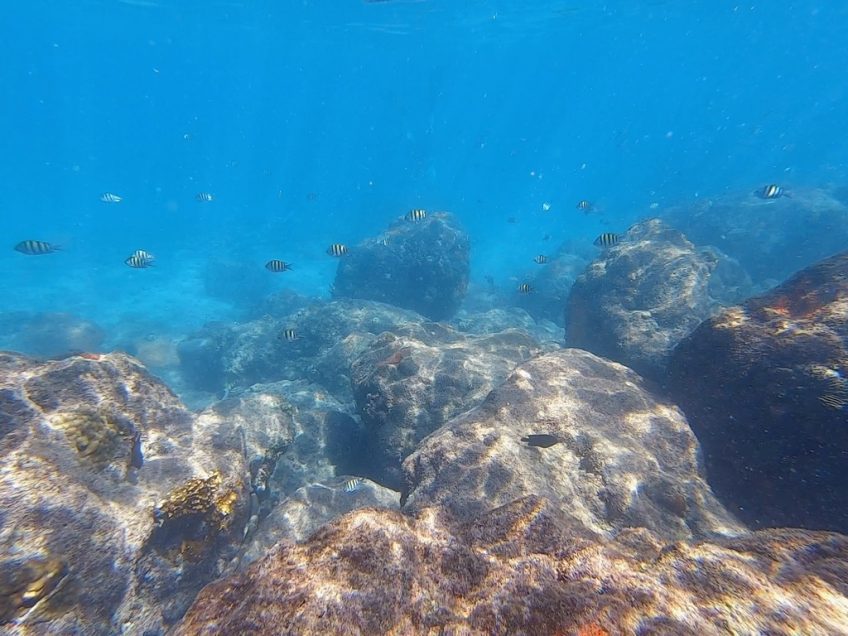AOML’s 2025 intern cohort gains first-hand research experience
In celebration of National Intern Day, NOAA’s Atlantic Oceanographic & Meteorological Laboratory (AOML) is proud to recognize its FY 2025 class of interns. Ranging from high school to graduate students, these talented individuals are gaining hands-on experience across a wide array of research areas—including coral reefs, microbial ecology, hurricanes, ocean acidification, physical oceanography, science communication, […]

